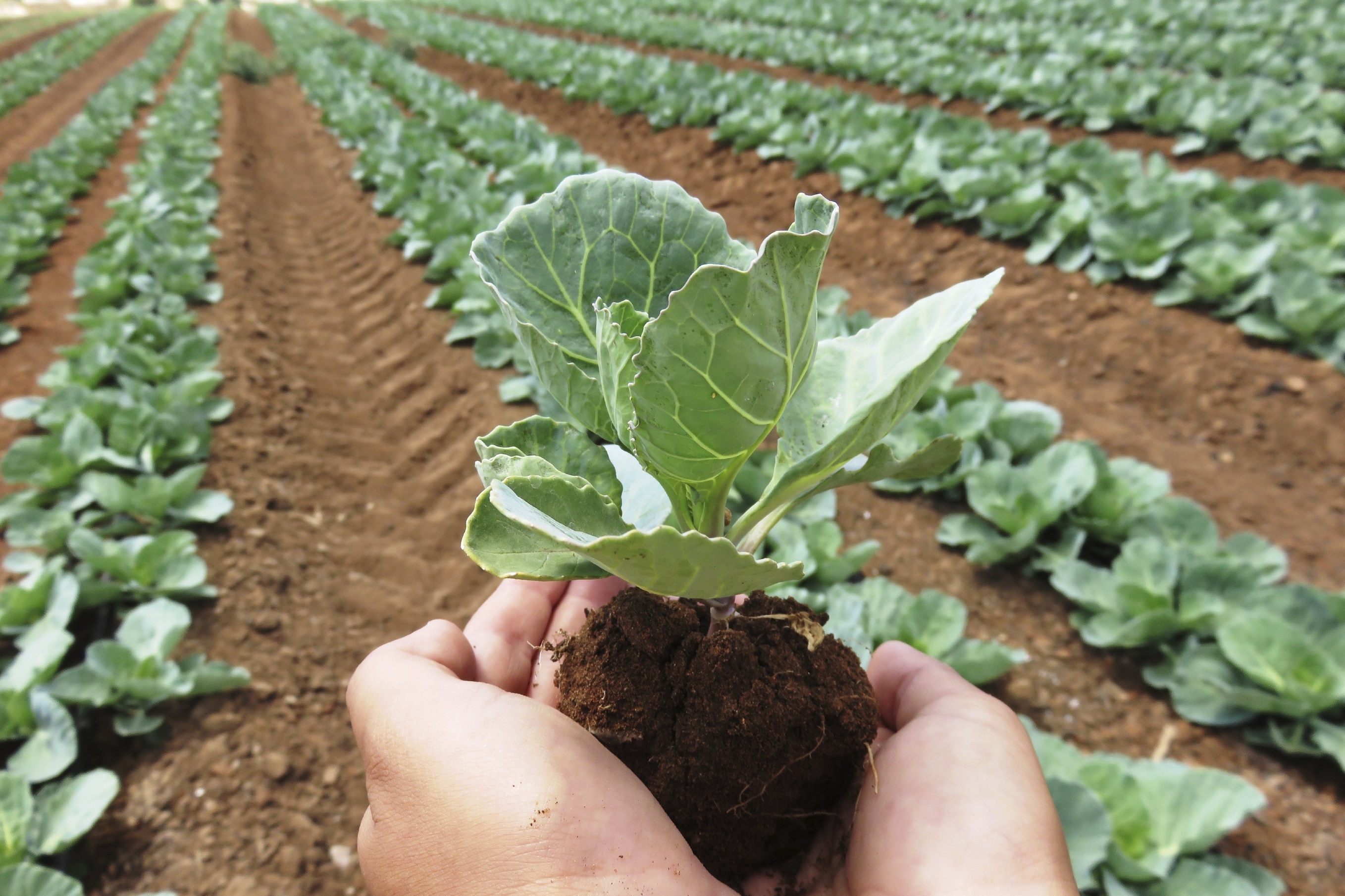Organic agriculture is going mainstream, but not the way you think it is

By Surya Zeeb
Published: June 6, 2018
Category: The Organic & Non-GMO Report Newsletter, Organic News
As organic food has increasingly become mainstream and a multi-billion dollar industry, some critics, including noted food writer Michael Pollan, say that organic farming is adopting methods used by conventional farming such as large single crop monocultures.
But a closer look reveals that conventional farms are increasingly adopting organic farming methods such as reducing the use of pesticides, artificial fertilizers and excessive tillage, and increasing on-farm biodiversity, beneficial insects and soil conservation.
Many farmers enter organic production by transitioning part of their land to organic. This “split production” is a way to learn organic farming, test the market, and hedge one’s bets against yield losses.
In Canada, Jeremy Caradonna, adjunct professor of environmental studies at the University of Victoria, conducted a research project on organic transition and found that half of the farms he visited practiced split production. Significantly, he also found that all of the farms in split production had also introduced organic techniques to the conventional part of their farm.
The farms Caradonna visited included large-scale operations such as Kroeker Farms/PoplarGrove in Winkler, Manitoba. Kroeker, which has 4,800 acres under organic production and 20,000 in conventional production, is adopting more organic techniques in its conventional production.
“We try really, really hard to use organic-type pesticides or biological [control agents] in our conventional, because once you spray with a more lethal spray that’s a broad spectrum [pesticide], the pests flare up after that,” the CEO of the company, Wayne Rempel, told Caradonna.
Source: The Conversation
To view full article, visit








